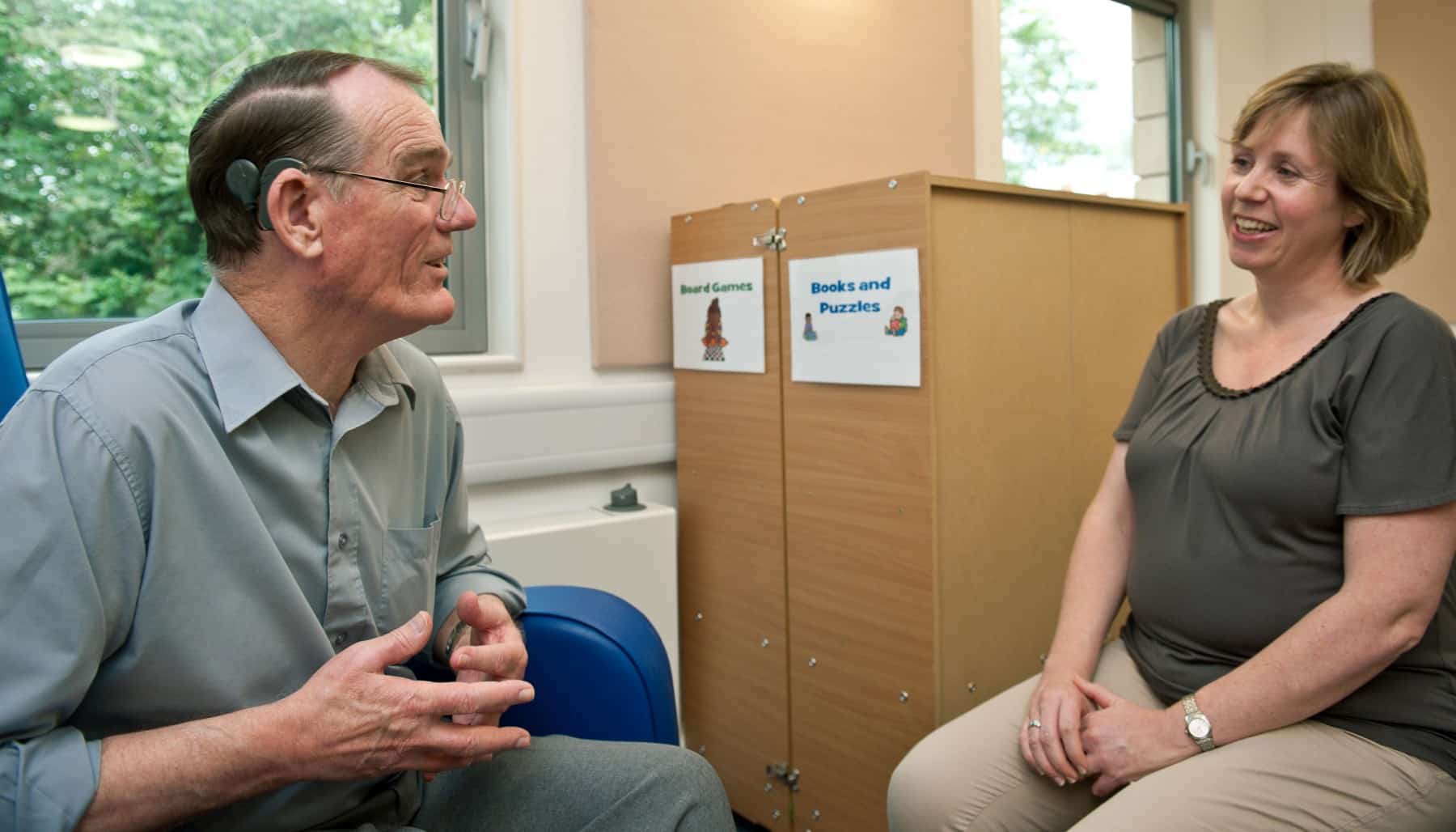Cochlear Implant Surgery for Older Adults: What to Know

Having met all different kinds of people who are thinking about or preparing for cochlear implant surgery, I know there are many questions that older adults have about the actual implantation. These can be questions about what happens during surgery, whether there are potential side effects, and what happens afterwards.
So if you have questions, that’s completely normal! The following information will help you learn more about this straightforward procedure.
What happens before cochlear implant surgery?
Before surgery, everybody—regardless of age—will have a hearing test and a medical evaluation. For this, an ENT doctor will check the function of the ear and make sure everything’s working fine. Often, a CT or MRI scan is taken so the surgeon can see the anatomy of the inner ear even before the surgery and prepare accordingly.
Especially for older adults, this check will also have a particular emphasis on ensuring good general health, and the anesthesiologist will often do a separate check. If you have more questions about anesthesia, you can check out this article about anesthesia and cochlear implant surgery.
What will the surgery be like?
Preparing for ear surgery is similar to preparing for most other surgeries. The surgery itself will usually last 1–2.5 hours, depending on which specific implant you will receive: middle ear or bone conduction implantation often takes about one hour, while cochlear implantation takes 1.5-2.5 hours.
Dr. Oliver Adunka, who is an ENT Surgeon at the University of North Carolina, said, “Most people are surprised of how well the recovery goes. They generally say, ‘Well, it wasn’t a big deal.’”
What happens after the surgery?
Depending on the specific surgery and where it is performed, you may be able to leave the hospital on the same day (this is called an outpatient procedure). Sometimes the surgery is followed by 3–5 days in the hospital so the doctors can observe the first days of recovery.
Regardless of the hospital stay, everybody will have a bandage placed over the implant site. This is to keep it clean, and it shouldn’t be removed until your doctor gives the OK. Some people might have a little pain around the implant area, and this can usually be taken care of with mild painkillers.
In one or two weeks, you’ll have some check-up appointments with your ENT doctor to check how the healing process is going. During this time, it’s important not to put too much pressure on the implant site. This includes blowing your nose!
Then, about 2–4 weeks after the surgery, you’ll have your first fitting. This is when your audio processor is activated.
Are there any questions I should ask my surgeon?
Yes! Because everybody’s situation is different, the information above should be seen as generic guidelines. To make sure you have the right information for your surgery, you can ask your surgeon the following questions:
- How long will the surgery take?
- How long will I stay in the hospital?
- How long do I need to stay at home to rest?
- Should a friend or family member stay with me after surgery?
- Are there any surgical or anesthetic risks for me?
- What can I expect from my hearing implant?
- Will I be able to hear straight away?
- How long will it take to be able to hear well?
If you’d like to hear from others who are thinking about getting a cochlear implant, why not ask them in person? You can do so on HearPeers, the forum for anybody interested in MED-EL and hearing implants.
Thanks for your message. We will reply as soon as possible.
Send us a message
Field is required
John Doe
Field is required
name@mail.com
Field is required
What do you think?
© MED-EL Medical Electronics. All rights reserved. The content on this website is for general informational purposes only and should not be taken as medical advice. Contact your doctor or hearing specialist to learn what type of hearing solution suits your specific needs. Not all products, features, or indications are approved in all countries.


